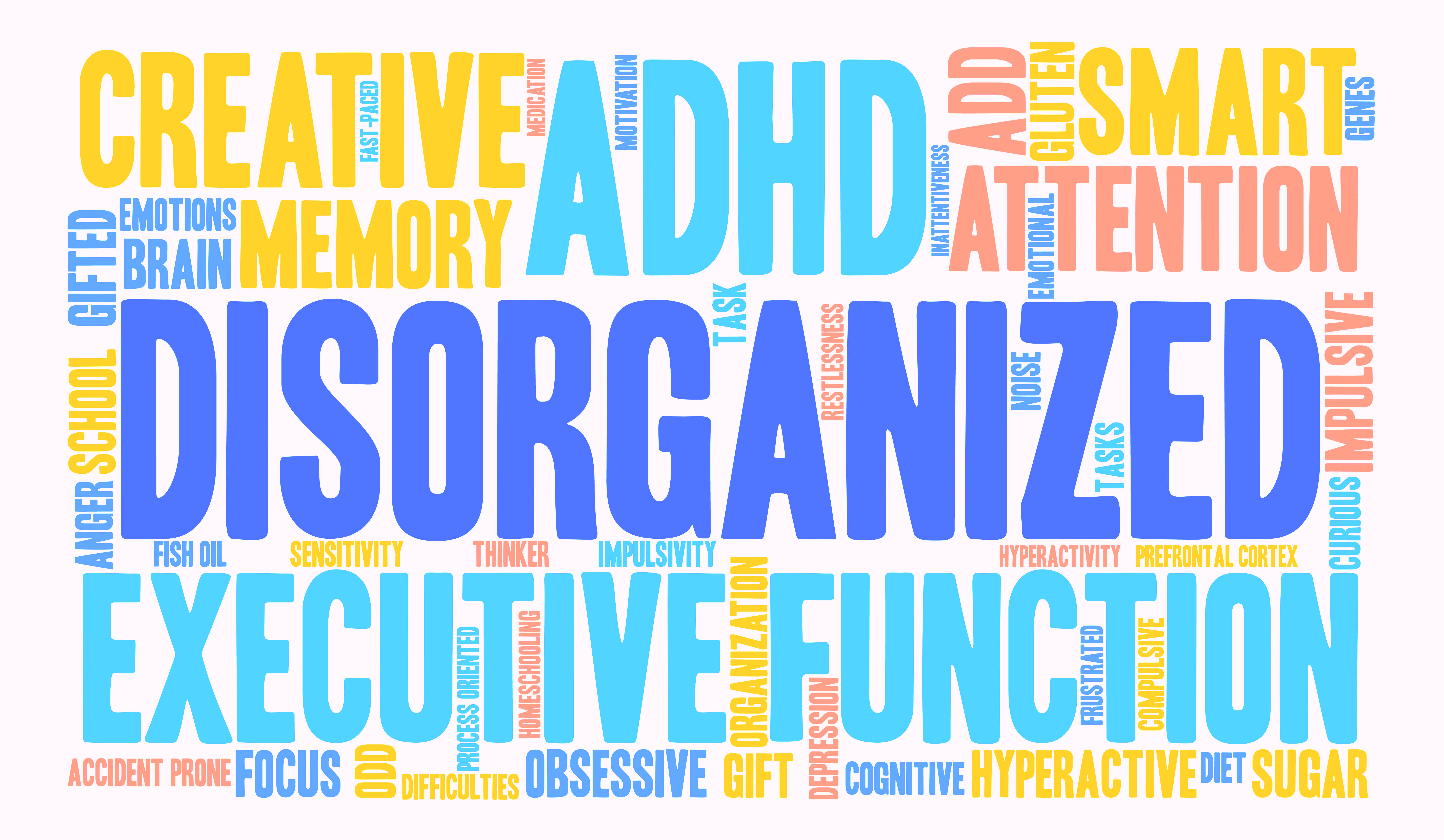A Study into the Sensory Experiences of Autistic Mothers
This important, although limited, study demonstrates the support needs of neurodiverse mothers. The study revealed that these needs are often neither understood nor adequately met by caregivers.
The impact on maternal mental health is significant, leading to feelings of failure, an inability to cope, and difficulties in balancing career and mothering responsibilities. This is due to sensory overwhelm and the lack of support from healthcare professionals and the workplace.

The Study Found:
- Morning sickness that was severe and prolonged was experienced in the majority of participants
- Being touched and monitored in labour was challenging
- The hospital environment was difficult due to bright lights and noise, especially the sound of women in labour
- Autistic women liked the predictability of a planned c-section and the familiarity of staff
Sensory Experiences in Motherhood
Auditory
- Auditory overactivity caused increased stress and anxiety
- Difficulties in hearing baby cry
- Difficulties listening to constant talking of toddler
- Overwhelm from bright, noisy toys
Tactile
- Sudden impact of tactile stimuli was overwhelming
- Breastfeeding was experienced as being very painful and overwhelming
- Being touched was an issue and toleration to touch has been significantly reduced and worsened
Body Awareness
- Body awareness was altered affecting recovery from childbirth and transition into motherhood
Impact of Heightened Sensitivity
Social
- Avoidance of social situations and seeking time alone to manage sensory overwhelm
- Group activities were too overwhelming
- Feelings of guilt as unable to engage in certain motherly duties
Work
- Increased sensory demands of being a mother made work unsustainable
- Employers lacked understanding of sensory issues
Mental Health & Anxiety
- Increased levels of anxiety after becoming a mother
- Previous coping strategies to recharge of withdrawal and alone time were disrupted following becoming a mother
- Some mothers experienced a delay in bonding with their baby
Overwhelm / Fatigue
- Participants experienced fatigue and constant overwhelm
- Being tired impacted their ability to use previous coping strategies

Strategies and Needs
-
Downtime
-
Alone time
-
Don’t be afraid or too proud to ask for the help you need & deserve
-
Listen to music
-
Stretching and gentle exercise
-
Low lighting
-
Noise Cancelling headphones / earplugs
-
Use an eyepillow
-
Create a sensory space at home where you can take some time out
-
Create a Care Plan covering your needs for maternity staff, Consultants and Health Visitors to understand and support your needs
-
Request to record appointments with Consultants & Midwives so you can listen back when you are feeling more calm
-
If you don’t understand what Consultants or Midwives are saying don’t be afraid to ask them to repeat themselves or give information in a clearer and more accessible way
-
Ask for time to integrate and process information before responding or making a decision, this is especially important if you have auditory processsing disorder
-
Request a quiet waiting area or for a room of your own if you are struggling with noise in hospital
-
Communicate your needs and wishes regarding monitoring, examinations & the sound of equipment
-
More education and research around neurodiversity in women, in pregnancy, postnatal and mothering
-
Find your tribe – other neurodiverse mums who get it!
Thank you to the Maternity Autism Research Group for providing information about autism relating to pregnancy and maternity care.
What we do | MARG Maternity Autism Research Group
Please follow and like us:





Recent Comments